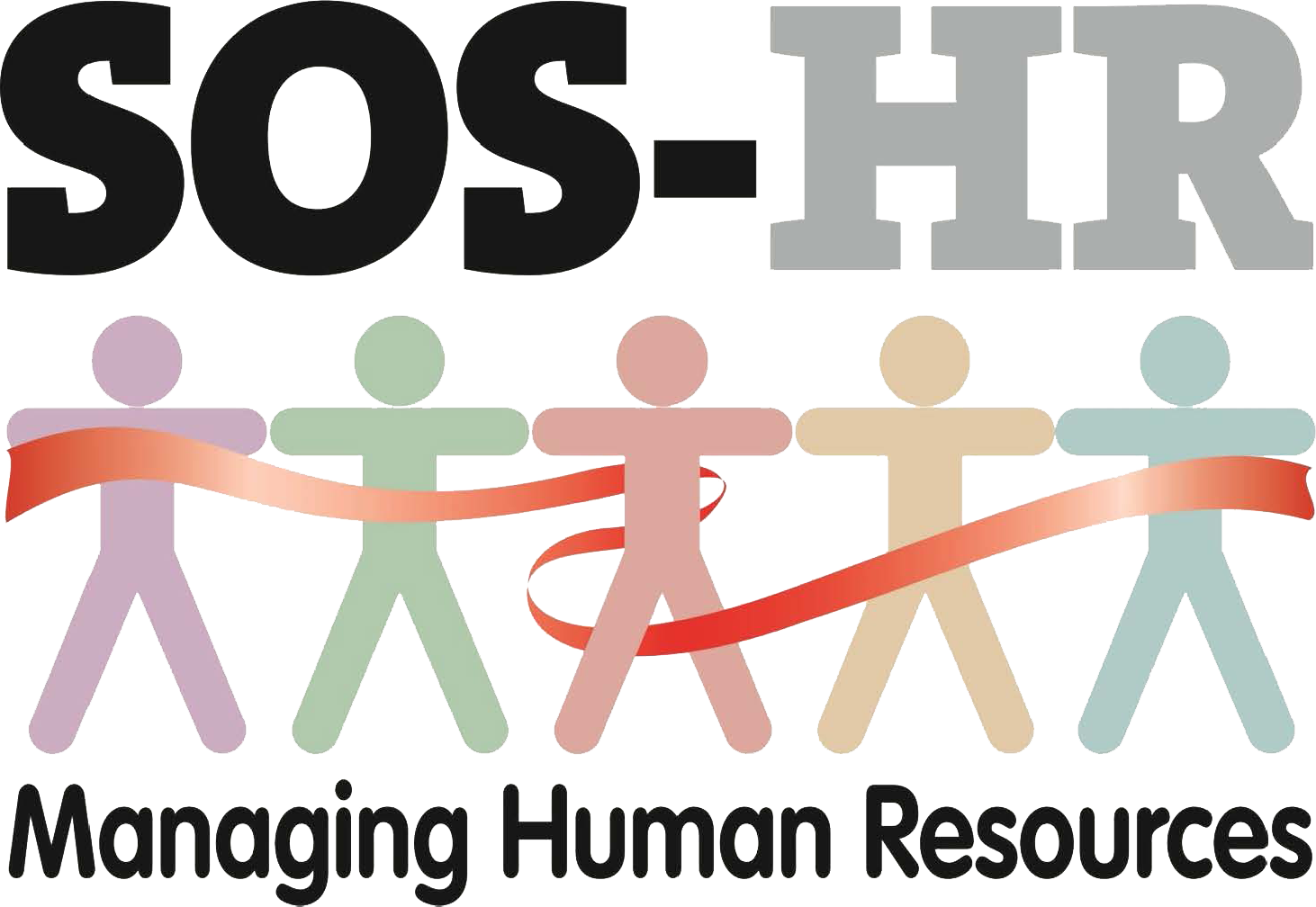National Living Wage (NLW) and National Minimum Wage (NMW) - April 2025
The Government has announced the rates of the National Living Wage (NLW) and National Minimum Wage (NMW) which will come into force from 1st April 2025
The rates which will apply are as follows:
National Minimum Wage (NMW) Increase - April 2025
National living wage (21 and over): £12.21 (up by £0.77, 6.7%);
18-20-year-old rate: £10.00 (up by £1.40, 16.3%);
16-17-year-old rate: £7.55 (up by £1.15, 18.0%); and
Apprentice rate: £7.55 (up by £1.15, 18.0%).
Statutory Sick Pay (SSP)
Statutory Sick Pay increase to £118.75 per week
Statutory Maternity Pay (SMP)
Statutory Maternity Pay and other family related leave pay increases to £187.18 per week
Lower Earning Limit (LEL)
Lower Earnings Limit increases to £125 per week.
Statutory Redundancy Pay
TBA for April 2025
Neonatal Care (and Leave and Pay) Act 2025 – advanced notice
Neonatal care leave and pay is also expected to come into force in April, although regulations needed to do this still have to be put before Parliament. The act is expected to provide parents with a right to up to 12 weeks' leave and pay when their baby requires neonatal care in addition to existing parental leave entitlements. Neonatal care leave is a statutory day one right. However, the right to statutory neonatal care pay will require 26 weeks of continuous service and earnings on average of £123 a week (£125 a week from 6 April 2025).
May 2025
Whilst not a legal change, employers signed up to pay the Real Living Wage must increase pay to £12.60 in UK and £13.85 in London by 1 May if they wish to retain their accreditation from the Living Wage Foundation.
Other reforms expected in 2025
A new right to paternity (bereavement) leave is expected to come into force, although regulations are still needed to do this. A date to be confirmed. This will give fathers or non-birthing partners access to paternity leave in cases where a mother, or a person with whom a child is placed or expected to be placed for adoption, dies. The leave is likely to operate in a way similar to maternity leave, and last for up to 52 weeks.
The Children’s Wellbeing and Schools Bill, if it passes into law, will bring in several changes to how children are employed, including amendments to the rules on their working hours and the need for all employers to have a permit to employ them.
Further plans for reforming the law
We also expect to see further developments relating to the Employment Rights Bill, although changes under this Bill are not expected to come into force until 2026.
If you have any questions or require assistance, please do not hesitate to contact us on info@sos-hr.co.uk or call 01473 276 170.
